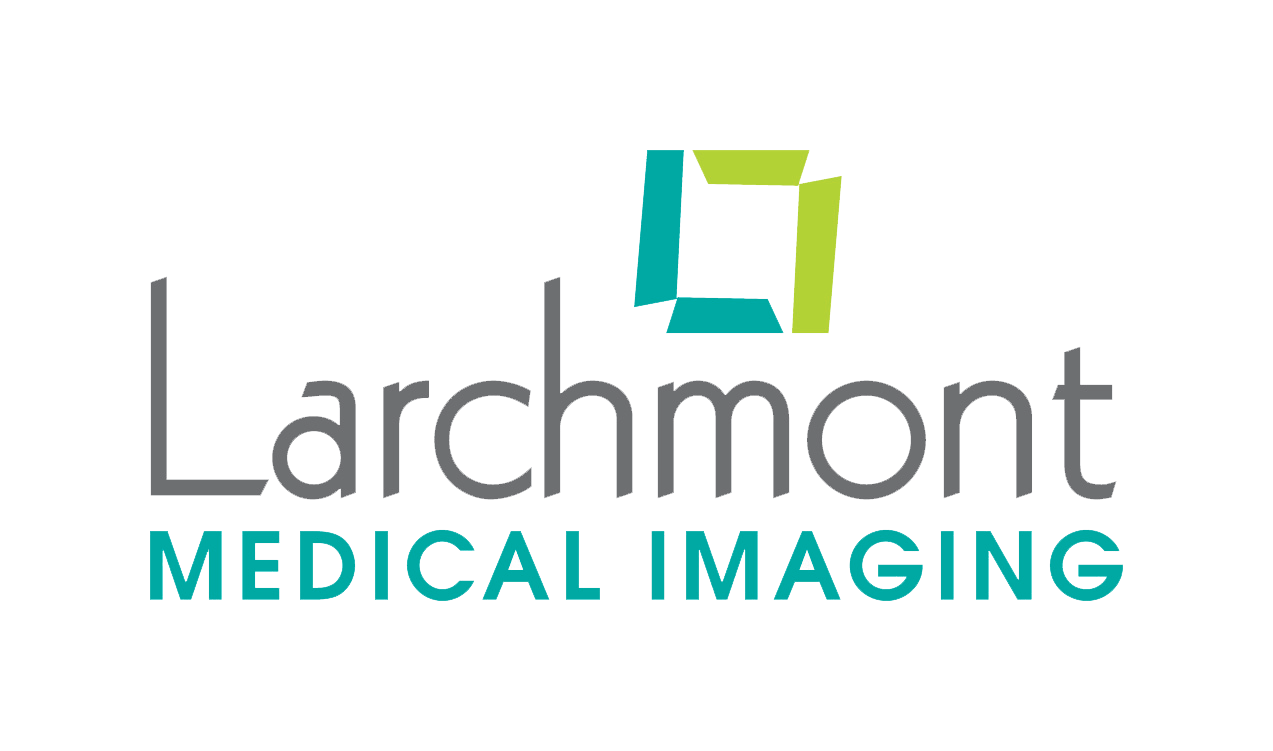How Does A CT Scan Work?

CT scans, also known as computed tomography or CAT scans, are an important medical imaging technique used in radiology. This non-invasive imaging study allows doctors to obtain detailed images of the inside of the body, aiding in the detection and diagnosis of various medical conditions. But have you ever wondered how CT scans actually work?
What Is A CT Scan?
A CT scan is a medical imaging technique that combines X-rays and computer processing to produce detailed cross-sectional images of the body. Unlike traditional X-rays, which provide a two-dimensional view, CT scans create a series of “slices” or cross-sectional images, enabling a three-dimensional reconstruction of the scanned area. This allows healthcare professionals to examine the body from various angles and gain valuable insights into the internal structures.
How Does A CT Scanner Work?
A CT scanner consists of a donut-shaped machine with a narrow table in the middle. The patient lies on the table, which moves slowly through the center of the scanner while the X-ray tube and detectors rotate around them. The X-ray tube emits a series of X-rays that pass through the body, and the detectors measure the findings of the X-rays that emerge on the other side.
The collected data is then processed by a computer to generate cross-sectional images, which can be displayed on a monitor or printed for further analysis. The computer uses a technique called tomographic reconstruction to create these images. By combining multiple X-ray projections from different angles, the computer creates a detailed representation of the scanned area, showing bones, organs, blood vessels, and other structures.
What Are The Benefits Of CT Scans?
CT scans offer several benefits for patients. Here are some key advantages:
- Detailed Visualization: CT scans provide highly detailed images of the body, allowing doctors to detect abnormalities or changes in the tissues and organs with great precision.
- Fast Imaging: CT scans are relatively quick compared to other imaging techniques, capturing multiple cross-sectional images within a matter of seconds.
- Versatility: CT scans can be performed on various body parts, including the head, chest, abdomen, pelvis, and extremities, making them a versatile diagnostic option.
- Non-Invasive: CT scans are non-invasive procedures that do not require any surgical incisions. This reduces the risk of complications.
- Detection of Conditions: CT scans are valuable for diagnosing a wide range of medical conditions, including tumors, infections, bone fractures, vascular diseases, and internal injuries.
What Can A CT Scan Detect?
CT scans are highly effective at detecting various conditions and abnormalities in the body. Here are some examples of medical conditions that your doctor may be trying to rule out with a CT scan.
- Cancer: CT scans can identify tumors in different parts of the body, including the lungs, liver, kidneys, and bones. They help determine the size, location, and spread of the cancer, guiding treatment decisions.
- Vascular Diseases: CT angiography is a specialized CT scan that focuses on blood vessels. It can detect conditions such as blockages, aneurysms, and arteriovenous malformations (AVMs) throughout the body.
- Trauma and Fractures: CT scans are commonly used to evaluate injuries caused by trauma, such as fractures, internal bleeding, or organ damage. They provide detailed information for surgical planning and immediate medical interventions.
- Stroke: CT scans of the brain are crucial in diagnosing strokes and determining the type and location of the stroke. They help guide appropriate treatments and interventions to minimize long-term damage.
- Infections: CT scans can detect abscesses, pneumonia, and other types of infections in the body. They help guide targeted interventions and monitor the effectiveness of treatment.
How Do I Prepare For A CT Scan?
If you have a scheduled CT scan, there are a few steps you may need to take to ensure a successful study. The preparation process might vary depending on the specific type of scan you’re undergoing and the area of the body being imaged. Here are some general guidelines:
- Fasting: In some cases, you may be asked to fast for a few hours before the scan, especially if the abdomen or pelvis is being imaged. This helps ensure a clear visualization of the area without any motion interference from food particles.
- Contrast Material: Depending on the nature of the scan, you might be required to ingest contrast material orally or intravenously. Contrast material enhances the visibility of certain structures or abnormalities, providing more detailed images.
- Clothing and Jewelry: It’s important to remove any metal objects or jewelry that may interfere with the imaging process. Make sure you wear comfortable clothing allowing you to sit still for the duration of the study.
- Medical History: Inform your healthcare provider about any existing medical conditions, allergies, or previous surgeries. This information is important for ensuring the safety and accuracy of the CT scan.
Are CT Scans Safe?
CT scans involve exposure to a small amount of radiation. Throughout your life, you are exposed to more radiation in the environment through televisions, cell phones, and smoke detectors than a CT scan. Modern CT scanners are designed to minimize radiation exposure while still providing high-quality images.
Can Anyone Have A CT Scan?
Most people can undergo a CT scan. However, certain factors such as pregnancy and young age may require extra precautions or alternative imaging studies. It’s important to inform your healthcare provider about any specific conditions or concerns you may have before the study.
Does A CT Scan Cause Pain?
CT scans are non-invasive and completely painless. You may be asked to remain still during the scan, and you might experience a sensation of warmth if contrast material is used. However, there is generally no discomfort associated with the actual scan.
How Long Does A CT Scan?
The duration of a CT can vary depending on the specific area being studied and the complexity. In general, each scan itself takes only a few minutes, but preparation and positioning may add some additional time. Expect to be at one of our offices for about 30 – 60 minutes.
Are there any side effects of a CT scan?
CT scans are considered safe, and serious side effects are very rare. However, some people may experience mild allergic reactions to contrast material, such as nausea, itching, or hives. It’s important to notify your doctor if you have any unusual symptoms after the study.
Where Can I Schedule A CT Scan?
Larchmont Imaging is in-network with 99% of health insurance plans for CT imaging and provides scans at up to 60% less than the cost of hospital-based imaging. Larchmont offers same-day and next-day appointment options with many locations offering evening and weekend hours to fit your busy schedule.
Reach out to any of the following locations to schedule your appointment:
- Medford Office – Medford, NJ
- Mount Laurel Office – Mount Laurel, NJ
- Moorestown Office – Moorestown, NJ
- Willingboro Office – Willingboro, NJ
Meet our board-certified, subspecialized radiologists who read and interpret our studies at Larchmont Imaging here.
Frequently Asked Questions
A CT scan, also known as computed tomography or CAT scan, is a medical imaging technique that combines X-rays and computer processing to create detailed cross-sectional images of the body. It provides a three-dimensional reconstruction of the scanned area, allowing healthcare professionals to examine the body from various angles.
A CT scanner consists of a donut-shaped machine with a narrow table in the middle. The patient lies on the table, which moves slowly through the center of the scanner while the X-ray tube and detectors rotate around them. The X-ray tube emits X-rays that pass through the body, and the detectors measure the findings of the X-rays that emerge on the other side. The collected data is processed by a computer to generate cross-sectional images.
CT scans offer several advantages:
- Detailed Visualization: CT scans provide highly detailed images, enabling the detection of abnormalities with precision.
- Fast Imaging: CT scans are relatively quick, capturing multiple cross-sectional images within seconds.
- Versatility: CT scans can be performed on various body parts, making them a versatile diagnostic option.
- Non-Invasive: CT scans are non-invasive procedures that do not require surgical incisions, reducing the risk of complications.
- Detection of Conditions: CT scans are valuable for diagnosing a wide range of medical conditions, including tumors, infections, fractures, vascular diseases, and internal injuries.
CT scans are highly effective at detecting various conditions and abnormalities in the body, including:
- Cancer: Tumors in different parts of the body, helping determine size, location, and spread.
- Vascular Diseases: Blockages, aneurysms, and arteriovenous malformations (AVMs) throughout the body.
- Trauma and Fractures: Injuries caused by trauma, such as fractures, internal bleeding, or organ damage.
- Stroke: Types and locations of strokes in the brain.
- Infections: Abscesses, pneumonia, and other types of infections.
Preparation may vary depending on the type of scan and the body area being imaged. General guidelines include:
- Fasting: In some cases, fasting for a few hours may be required, especially for abdomen or pelvis scans.
- Contrast Material: You may be required to ingest contrast material orally or intravenously for enhanced visibility.
- Clothing and Jewelry: Remove metal objects or jewelry that may interfere with the imaging process.
- Medical History: Inform your healthcare provider about existing medical conditions, allergies, or previous surgeries.
CT scans involve exposure to a small amount of radiation. However, modern CT scanners are designed to minimize radiation exposure while still providing high-quality images. The amount of radiation is generally considered safe, and you are exposed to more radiation in the environment through everyday devices than from a CT scan.
Most people can undergo a CT scan. However, certain factors such as pregnancy and young age may require extra precautions or alternative imaging studies. Inform your healthcare provider about any specific conditions or concerns before the study.
CT scans are non-invasive and completely painless. You may be asked to remain still during the scan, and you might experience a sensation of warmth if contrast material is used. However, there is generally no discomfort associated with the actual scan.
The duration of a CT scan can vary depending on the specific area being studied and the complexity. Each scan itself takes only a few minutes, but preparation and positioning may add some additional time. Expect to be at the imaging center for about 30 to 60 minutes.
CT scans are considered safe, and serious side effects are very rare. Some people may experience mild allergic reactions to contrast material, such as nausea, itching, or hives. Notify your doctor if you have any unusual symptoms after the study.
You can schedule a CT scan at Larchmont Imaging, an imaging center that offers CT scans at up to 60% less cost than hospital-based imaging. We have multiple locations, including Medford, Mount Laurel, Moorestown, and Willingboro in New Jersey. We provide same-day and next-day appointments with evening and weekend hours to accommodate busy schedules.
For more information about the radiologists at Larchmont Imaging, you can meet their board-certified, subspecialized radiologists here.
